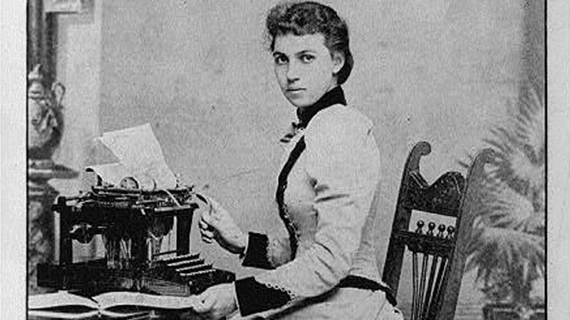Welcome!
This research guide will help you navigate the rich, historical Victorian Studies collections held by the Indiana University Bloomington Libraries. We continue to build our research collections, which include more than 10,737,321 million cataloged items. The materials support every academic discipline on campus, with an emphasis in the humanities and social sciences. Collections also include journals, maps, films, and sound recordings. Users can access more than 1,871 databases, 60,000 electronic journal titles, and 1.9 million electronic books, as well as locally developed digital content. IU Libraries is prolific in open access publishing and hosts 40 open access journals.
This guide has a particular emphasis on electronic resources. You'll find databases and indexes that provide access to periodicals, newspapers, primary source materials, ephemera, and much more. Print and e-book resources may also be discovered via the Libraries' catalog, IUCAT.
Scholars may also wish to consult the Lilly Library, a preeminent rare book and manuscript library known around the world. It is centrally located on the Bloomington campus's Fine Arts Plaza and offers over 8 million manuscripts, 150,000 pieces of sheet music, 30,000 mechanical puzzles, and 450,000 books.
[Image "Five Women Standing Together" from Roy W. Howard Photograph Collection, Image Collections Online, Indiana University Libraries]
Spotlight on Victorian Women Writers Project

The Victorian Women Writers Project (VWWP) began in 1995 at Indiana University and is primarily concerned with the exposure of lesser-known British women writers of the 19th century. The collection represents an array of genres - poetry, novels, children's books, political pamphlets, religious tracts, histories, and more. VWWP contains scores of authors, both prolific and rare.
Quiet since 2003, the VWWP is pleased to be back with an expanded purview that includes women writing in the nineteenth century in English. As before, the project will devote time and attention to the accuracy and completeness of the texts, as well as to their bibliographical descriptions. New texts, encoded according to the Text Encoding Initiative (TEI) Guidelines, will adopt principles of scholarly encoding, facilitating more sophisticated retrieval and analysis.